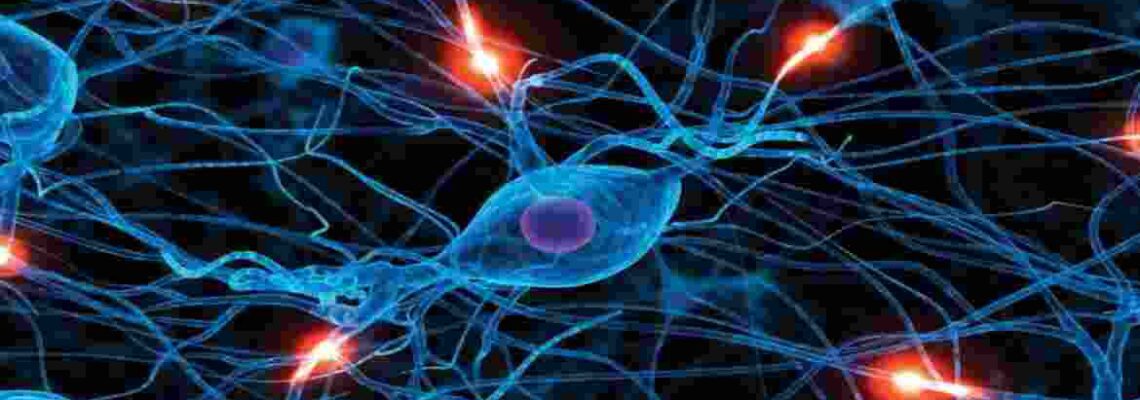
The eyes are one of the most important organs in the human body. They are responsible for vision, which is essential for our complex daily activities such as reading, writing, and driving. The eyes are also important for communication and facial expressions The eyes, though a highly complex and evolved organ, specially enclosed in bony so...





